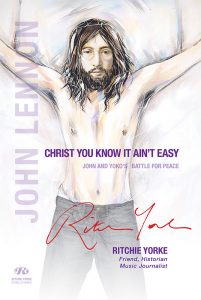04 Jul Jimi Hendrix Performs at the Atlanta International Pop Festival
On this day in 1970, the three day Atlanta International Pop Festival opened its gates
The Atlanta Festival had its inaugural event the year before, in 1969, and was a relatively small affair, organised by a tight knit seventeen-person crew. Nonetheless they managed to bring in some impressive acts such as Creedence Clearwater Revival, Janis Joplin and Led Zeppelin, drawing a significant enough crowd to warrant a follow-up in 1970.
For the second edition the organisers planned for a much bigger event, organising a crew that worked for over a month erecting the stage, as well as many more big performers to appear. Among them were huge names like B.B. King, Procol Harum, The Allman Brothers, Richie Havens and The Jimi Hendrix Experience. Tickets were sold for $14 each and much like 1969’s Woodstock, the event advertised itself as “three days of peace, love and music”. Also like Woodstock, the festival became free after a large crowd gathered outside of the gates and demanded the organisers open up with chants of “Free, free free. Music belongs to the people”.
The Jimi Hendrix Experience was organised to headline the first night, the 4th of July. He came out at around midnight, to the largest American crowd of his career and performed his usual raucous act, culminating in his unique version of the “Star-Spangled Banner”, accompanied by a vibrant fireworks display to mark the occasion.
The event continued over the next two days, and was notable for its extremely high temperature, and for its widespread nudity and drug use. Law enforcement were present, but generally stayed outside the gates and kept a hands-off approach as they knew they were vastly outnumbered by the festival-goers. This angered Georgia’s Governer, Lester Maddox, who vowed after the event to pass legislation forbidding any rock festivals to take place in the state. While no laws were passed, new restrictions made it extremely difficult to plan events in Georgia, leading the second Atlanta International Pop Festival of 1970 to also be the last.












